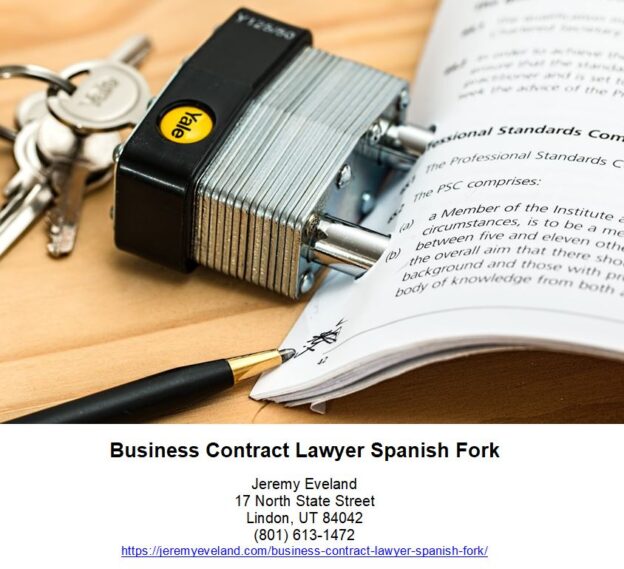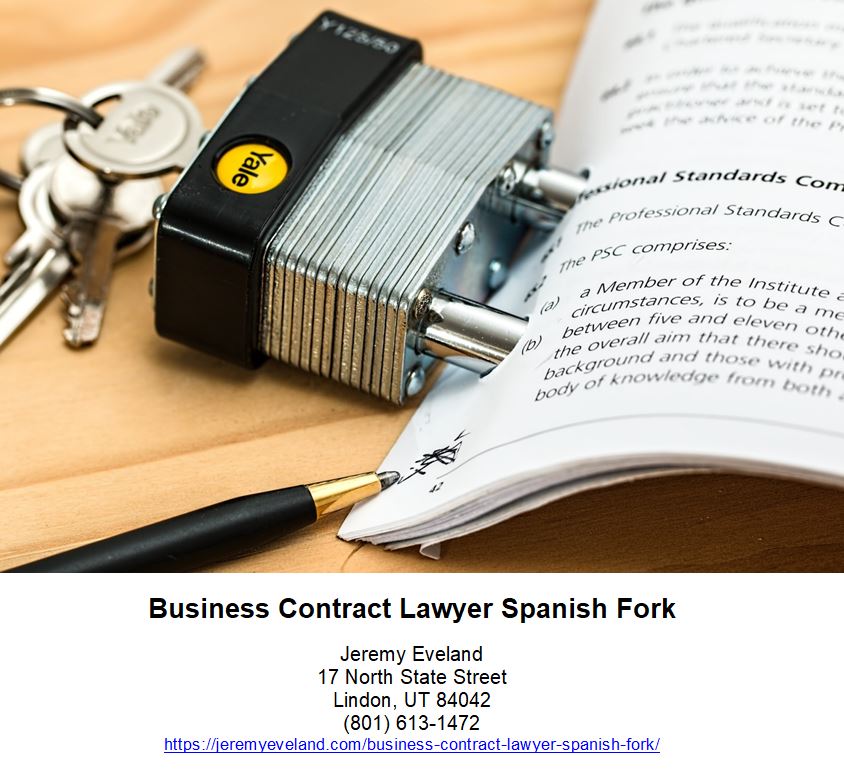-
Business Attorney
“Unlock Your Company’s Potential with Issuance of Stock!”
Introduction
Issuance of stock is the process of offering shares of a company’s stock to the public for the first time. It is a way for companies to raise capital and increase their shareholder base. Issuance of stock can be done through an initial public offering (IPO) or a secondary offering. Companies may also issue stock through private placements or direct public offerings. The process of issuing stock involves a number of steps, including filing with the Securities and Exchange Commission (SEC), setting the offering price, and marketing the offering. Issuance of stock can be a complex process, but it is an important part of a company’s growth and development.
Types of Stock for Private Companies
Private companies typically issue two types of stock: common stock and preferred stock. Common stock is the most common type of stock issued by private companies. It typically gives shareholders voting rights and the right to receive dividends. Preferred stock is a type of stock that gives shareholders priority over common stockholders when it comes to receiving dividends and other distributions. Preferred stockholders also have the right to vote on certain matters, such as the election of directors.
Common stock is the most common type of stock issued by private companies. It typically gives shareholders voting rights and the right to receive dividends. Common stockholders are also entitled to a portion of the company’s profits, if any, when the company is liquidated.
Preferred stock is a type of stock that gives shareholders priority over common stockholders when it comes to receiving dividends and other distributions. Preferred stockholders also have the right to vote on certain matters, such as the election of directors. Preferred stockholders are also entitled to a portion of the company’s profits, if any, when the company is liquidated.
In addition to common and preferred stock, private companies may also issue other types of stock, such as restricted stock, convertible stock, and stock options. Restricted stock is stock that is subject to certain restrictions, such as a vesting period or a lock-up period. Convertible stock is stock that can be converted into another type of security, such as common stock or preferred stock. Stock options are contracts that give the holder the right to purchase a certain number of shares of the company’s stock at a predetermined price.
Private companies may also issue other types of securities, such as debt securities, warrants, and rights. Debt securities are securities that represent a loan to the company and are typically issued in the form of bonds. Warrants are securities that give the holder the right to purchase a certain number of shares of the company’s stock at a predetermined price. Rights are securities that give the holder the right to purchase a certain number of shares of the company’s stock at a discounted price.
Private companies may also issue other types of securities, such as derivatives, which are contracts that derive their value from the performance of an underlying asset. Derivatives can be used to hedge against risk or to speculate on the future price of an asset.
Private companies may also issue other types of securities (For LLCs primarily), such as units, which are bundles of securities that are sold together. Units may include common stock, preferred stock, debt securities, warrants, and rights.
Private companies may also issue other types of securities (For Partnerships primarily), such as limited partnership interests, which are interests in a limited partnership that are held by a limited partner. Limited partners are not liable for the debts and obligations of the partnership.
Private companies may also issue other types of securities, such as limited liability company interests (often called units or percentages), which are interests in a limited liability company that are held by a member. Members of a limited liability company are not liable for the debts and obligations of the company.
Private companies may also issue other types of securities, such as royalty interests, which are interests in a company’s intellectual property that are held by a royalty holder. Royalty holders are entitled to a portion of the company’s profits from the sale of its products or services.
What is an Initial Public Offering (IPO)
An Initial Public Offering (IPO) is the process by which a privately-held company offers its shares to the public for the first time. It is a way for companies to raise capital and increase their liquidity. The process involves filing a registration statement with the Securities and Exchange Commission (SEC) and then offering the shares to the public through an underwriter. The underwriter is responsible for pricing the shares and marketing them to potential investors. After the IPO, the company’s shares are traded on a public stock exchange. IPOs can be a risky investment, as the stock price may fluctuate significantly in the short term.
What is a Private Placement of Stock?
A private placement of stock is a sale of securities to a select group of investors, typically large institutional investors such as banks, insurance companies, pension funds, and mutual funds. Private placements are not registered with the Securities and Exchange Commission (SEC) and are not available for public trading.
Private placements are typically used by companies that are not yet ready to go public or that do not want to incur the costs associated with a public offering. Companies can raise capital quickly and efficiently through private placements, and the process is often less expensive and time-consuming than a public offering.
Private placements are subject to certain restrictions, including the requirement that the investors be accredited investors, meaning they must meet certain financial thresholds. Additionally, the company must provide certain disclosures to the investors, such as financial statements and other information about the company.
Private placements can be a useful tool for companies looking to raise capital quickly and efficiently. However, it is important to understand the restrictions and requirements associated with private placements before entering into any agreement.
What is a Reg D Offering of Stock?
A Regulation D Offering of Stock is a type of private placement of securities that is exempt from the registration requirements of the Securities Act of 1933. This type of offering is commonly used by small businesses and start-ups to raise capital without having to register with the Securities and Exchange Commission (SEC).
Regulation D offerings are divided into three categories: Rule 504, Rule 505, and Rule 506. Each of these rules has different requirements for the amount of money that can be raised, the number of investors that can participate, and the type of information that must be disclosed to investors.
Rule 504 allows companies to raise up to $5 million in a 12-month period from an unlimited number of accredited investors. Accredited investors are individuals or entities that meet certain financial thresholds, such as having a net worth of at least $1 million or an annual income of at least $200,000. Companies must provide investors with certain information, such as a business plan and financial statements.
Rule 505 allows companies to raise up to $5 million in a 12-month period from up to 35 non-accredited investors. Companies must provide investors with certain information, such as a business plan and financial statements.
Rule 506 allows companies to raise an unlimited amount of money from an unlimited number of accredited investors. Companies must provide investors with certain information, such as a business plan and financial statements.
Regulation D offerings are a popular way for small businesses and start-ups to raise capital without having to register with the SEC. However, companies must comply with the requirements of the applicable rule in order to take advantage of the exemption.
What is Common Stock vs. Preferred Stock?
Common stock and preferred stock are two types of stock that are offered by companies to investors. Common stock is the most common type of stock and is typically the first type of stock issued by a company. Common stockholders are owners of the company and have voting rights in the company. They also have the potential to receive dividends, although this is not guaranteed.
Preferred stock is a type of stock that has a higher claim on assets and earnings than common stock. Preferred stockholders do not have voting rights, but they are usually guaranteed a fixed dividend. Preferred stockholders also have priority over common stockholders when it comes to receiving dividends and assets in the event of a liquidation. Preferred stockholders also have the potential to receive a higher return on their investment than common stockholders.
Why You Should Hire A Business Lawyer When Issuing Stock.
When issuing stock, it is important to ensure that all legal requirements are met. A business lawyer can provide invaluable assistance in this process. Here are some of the reasons why you should hire a business lawyer when issuing stock:
1. Expertise: A business lawyer has the expertise and experience to ensure that all legal requirements are met when issuing stock. They can provide advice on the best way to structure the stock offering, as well as advise on the legal implications of any decisions made.
2. Compliance: A business lawyer can help ensure that the stock offering is compliant with all applicable laws and regulations. This is especially important when issuing stock to the public, as there are a number of additional requirements that must be met.
3. Documentation: A business lawyer can help prepare all the necessary documents for the stock offering, such as the prospectus, subscription agreement, and other legal documents. This ensures that all parties involved are aware of their rights and obligations.
4. Negotiation: A business lawyer can also help negotiate the terms of the stock offering with potential investors. This can help ensure that the terms are fair and equitable for all parties involved.
Hiring a business lawyer when issuing stock is an important step in the process. A business lawyer can provide invaluable expertise and advice, as well as help ensure that all legal requirements are met. This can help ensure that the stock offering is successful and that all parties involved are protected.
Q&A
Q: What is the purpose of issuing stock?
A: The purpose of issuing stock is to raise capital for a company. By issuing stock, a company can raise money to finance operations, expand its business, or pay off debt. It also allows the company to spread ownership among a larger group of people, which can help to increase the company’s visibility and credibility.
Q: What are the different types of stock?
A: The two main types of stock are common stock and preferred stock. Common stock gives shareholders voting rights and the potential to receive dividends, while preferred stock typically does not have voting rights but may have a higher dividend rate.
Q: How is stock issued?
A: Stock is typically issued through an initial public offering (IPO) or a secondary offering. An IPO is when a company first offers its stock to the public, while a secondary offering is when a company issues additional shares of its stock.
Q: What are the risks associated with issuing stock?
A: The main risk associated with issuing stock is dilution. When a company issues more shares of its stock, the value of each existing share is diluted. This can lead to a decrease in the company’s stock price and a decrease in the value of existing shareholders’ investments.
Q: What are the benefits of issuing stock?
A: The main benefit of issuing stock is that it allows a company to raise capital without taking on debt. This can help to reduce the company’s overall debt burden and improve its financial position. Additionally, issuing stock can help to increase the company’s visibility and credibility, which can lead to increased investor confidence.
Q: What are the legal requirements for issuing stock?
A: The legal requirements for issuing stock vary depending on the jurisdiction. Generally, companies must register with the relevant securities regulator and provide certain disclosures to potential investors. Additionally, companies must comply with any applicable securities laws and regulations.
Issuance of Stock Consultation
When you need help with Issuance of Stock call Jeremy D. Eveland, MBA, JD (801) 613-1472 for a consultation.
Jeremy Eveland
17 North State Street
Lindon UT 84042
(801) 613-1472
Related Posts
Do I Need A Board of Directors?
Estate Planning Lawyer West Valley City Utah
Business Contract Lawyer Spanish Fork
Corporate Attorney Riverton Utah
Advantages of Hiring a Utah Personal Injury Lawyer
























